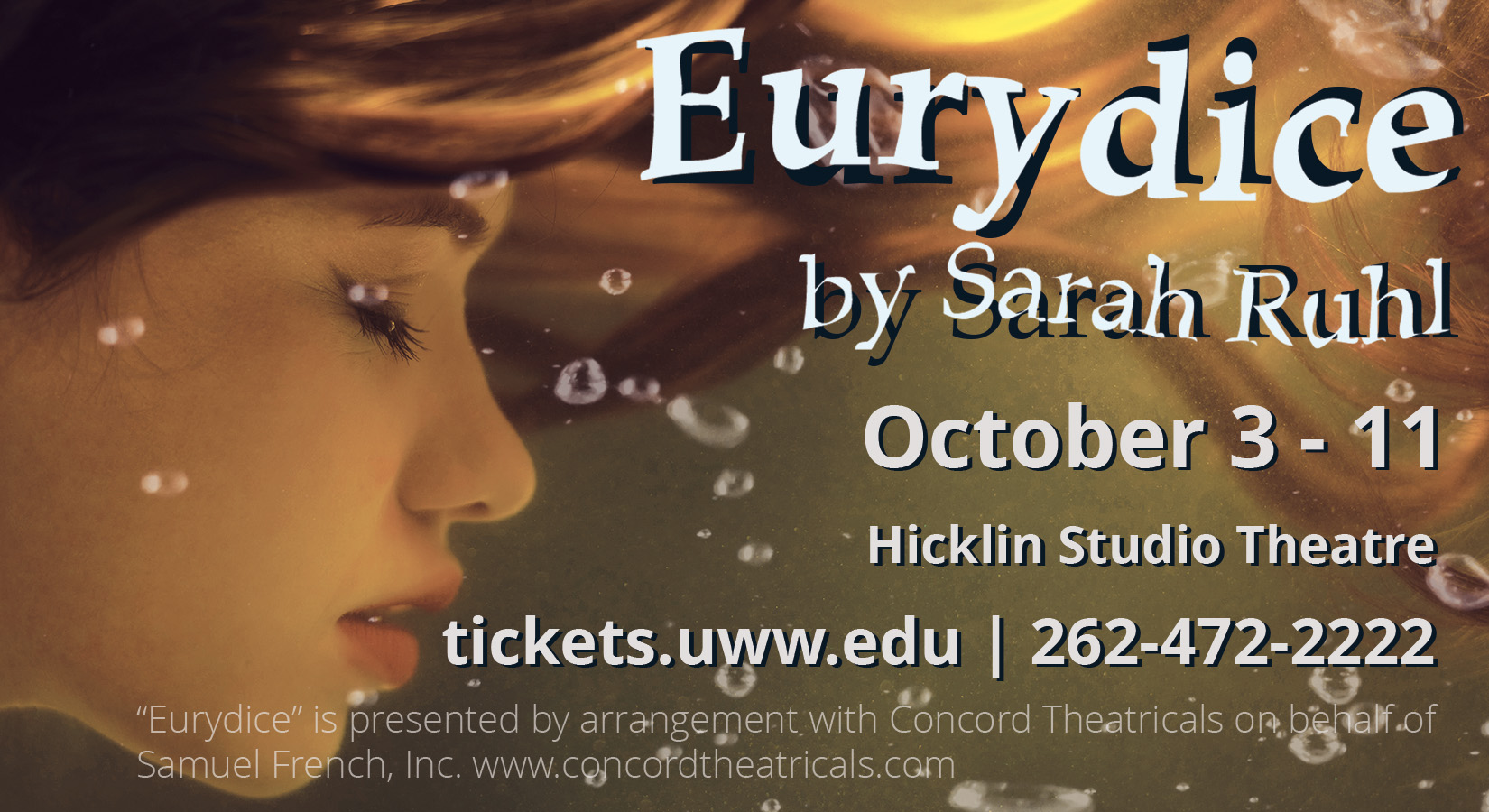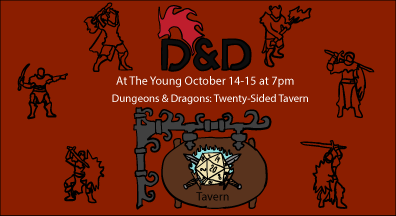Liberal arts shouldn’t be on the chopping block
November 15, 2017
Sometimes it’s good to follow the trends.
But there are some aspects of society that should stay consistent because following the trend is detrimental to society. In the case of University of Wisconsin-Superior, which just recently suspended a large number of its liberal arts and humanities programs for “trendier” fields, this is detrimental to economic stability as a whole.
In October, it was reported that UW-S was dropping almost two dozen majors and minors including political science, journalism, forensic chemistry, physics and theatre will be suspended, meaning that no new students will be admitted into the programs. After all students graduate, the programs will remain dormant for a decade, when the university will then revisit the need for the program.
The decision, motivated by money, turns students into dollar signs. It attempts to decrease the rate of drop-outs from the university and increase the number of students who graduate in four years.
The interim provost, Jackie Weissenburger, stated that students don’t benefit from the wide variety of class offerings, and are better off choosing from a smaller number of majors so they don’t feel “overwhelmed.”
We respectfully disagree.
Students do, in fact, benefit from a variety of course offerings that allow for a diverse set of “soft skills” that include strong communication skills, thinking critically, questioning the status quo and contributing to a service-based economy.
The solution is not to scrap the majors all together, but rather to teach these courses so students see them as fulfilling, and offering enough of them each year so that students are able to graduate on time.
There’s significant benefits in liberal arts and humanities fields that are often overlooked. Maybe the most important is the ability to actually secure a job.
There are significantly more employment opportunities for those in the liberal arts and humanities fields of study than those who look toward careers in science, technology, engineering and mathematics. Additionally, those who are educated in a liberal arts or humanities degree often have the ability to adjust to the ever-changing needs of a service economy.
The five most common professions in the workforce as of 2015 were educators at the K-12 and university levels, medical care professionals, restaurant and food service employees and employees in the legal justice and public safety fields, according to Data USA.
It shouldn’t surprise you that all are at least partially, if not completely taught in a liberal arts and humanities fashion.
Liberal arts degrees are constantly scoffed at by political pundits who can’t look past the label of “liberal” as meaning political affiliation. Its definition is an approach to learning that encourages students to think about complex issues and a broad sense of cultural, societal and scientific knowledge.
To some, liberal arts is seen as limiting and narrow, however, students enrolled in those degrees are actually more employable than those in highly technical fields.
For that, you can thank those soft-skills. It’s a much easier transition for students who majored in theatre to pick up a job in the communication field.
Journalism majors can find themselves seamlessly transitioning into the role of politicians, in the same way a political science major can excel at being a reporter. There is so much overlap between liberal arts and humanities majors and an economy built on servicing others.
We aren’t solely advocating for only liberal arts and humanities programs. It’s important that we have fields of study, such as those in science, technology, engineering and mathematics. We have a large number of innovations because we’ve had brilliant people dedicated to the sciences.
Students who pair their technical education with sprinkles of liberal arts classes, however, are more valuable to the workforce because they are well-rounded, have the ability to adapt to new working environments and think critically about their work.
To dismiss liberal arts education because it doesn’t line up with careers that are either trending or higher-paid is to be a disservice to society and to our future workers.
A higher education institution should be prepared to adapt to economic needs, but shouldn’t be so bought into trending careers that it abandons the bedrock it was founded on.













Klayton Longstreet • Dec 2, 2017 at 9:55 am
Thank you — for this article.
Did you know a Liberal Arts Education teaches society to repair its self.